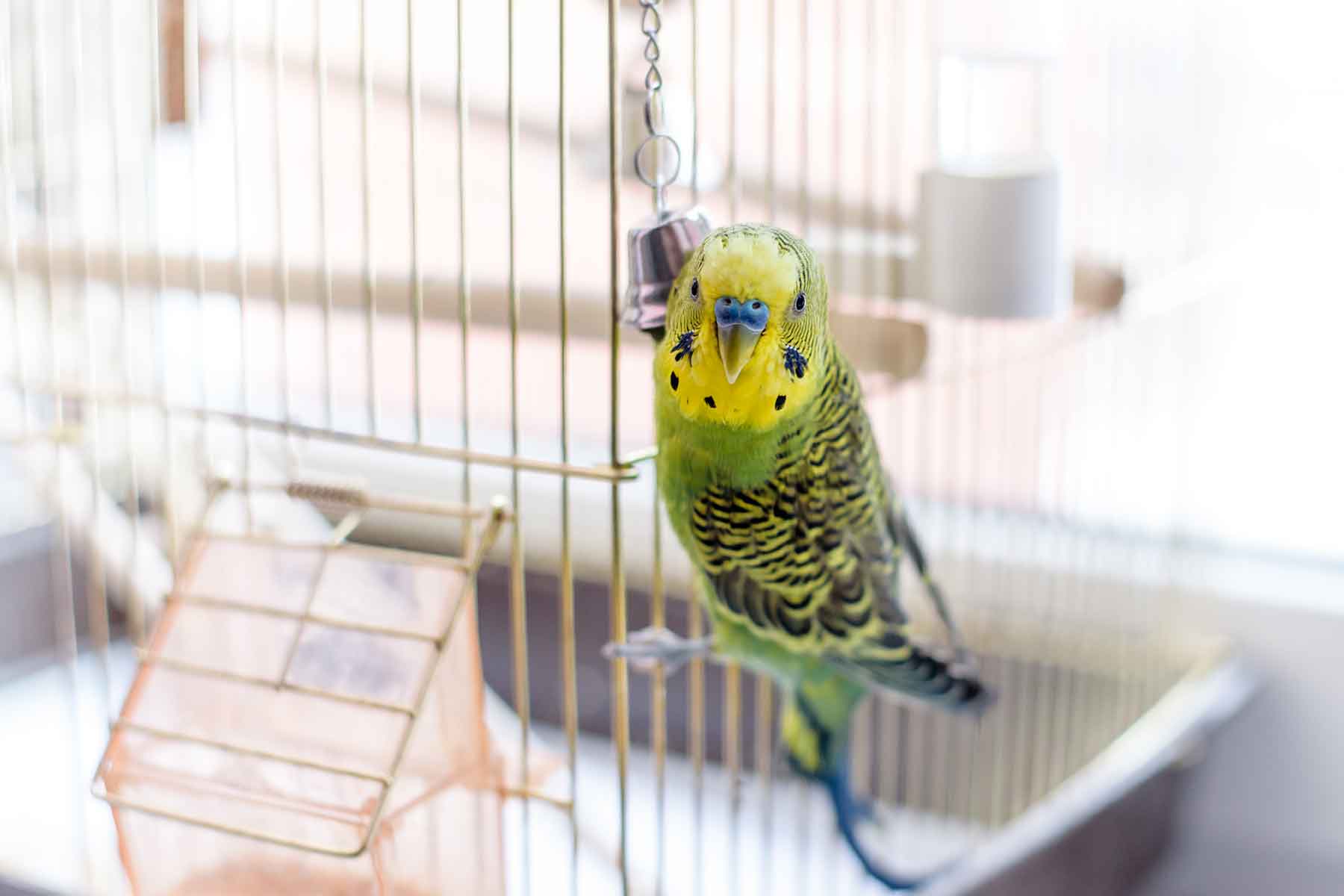More and more dogs and cats are living well into their senior years and just like elderly humans, pets can suffer from a kind of dementia called cognitive dysfunction syndrome, or CDS. CDS is a syndrome associated with brain ageing. It leads to changes in a pet’s responsiveness, learning, memory and can cause anxiety with age.
How do you tell if your pet has CDS?
The signs of Cognitive dysfunction can be remembered by the acronym DISHA.
Disorientation – such as being confused or getting lost in familiar environments.
Interactions with humans and other pets have changed – such as changes in affection or irritability
Sleep-wake cycle changes such as increased sleep during the day or waking during the night
House training and learnt behaviours may deteriorate.
Activity levels alter and even include aimless wandering or compulsive disorders such as excessive licking.
At what age can your pet show signs of CDS?
Neuropsychological testing in dogs identified a decline in memory and learning as early as 6 years of age. Neuropsychological testing has not been done in cats, but clinical signs are likely to develop at a slighter older age for felines. Evidence has shown that signs of CDS may not be noticed by pet owners until several years later except for highly trained dogs such as working and assistance dogs.
Is there are a cure for CDS?
There is no cure however extensive research means new drugs are constantly being developed and are becoming available. In addition to your veterinarians recommendations you can play an active role in maintaining your pet’s well being.
- Maintain as much exercise, play, training, work, and other daily routines as is practical for the pet’s age and health.
- Maintain mental and physical stimulation, this has been shown to reduce or slow progression of cognitive decline.
- Ask your veterinarian about specific science based diets formulated for brain related illness.
- If any changes occur in your pet’s health or behaviour it could indicate other diseases and/or require a change to your pet’s health care program. Visit your veterinarian for regular check-ups, at least once every six months or as advised.











